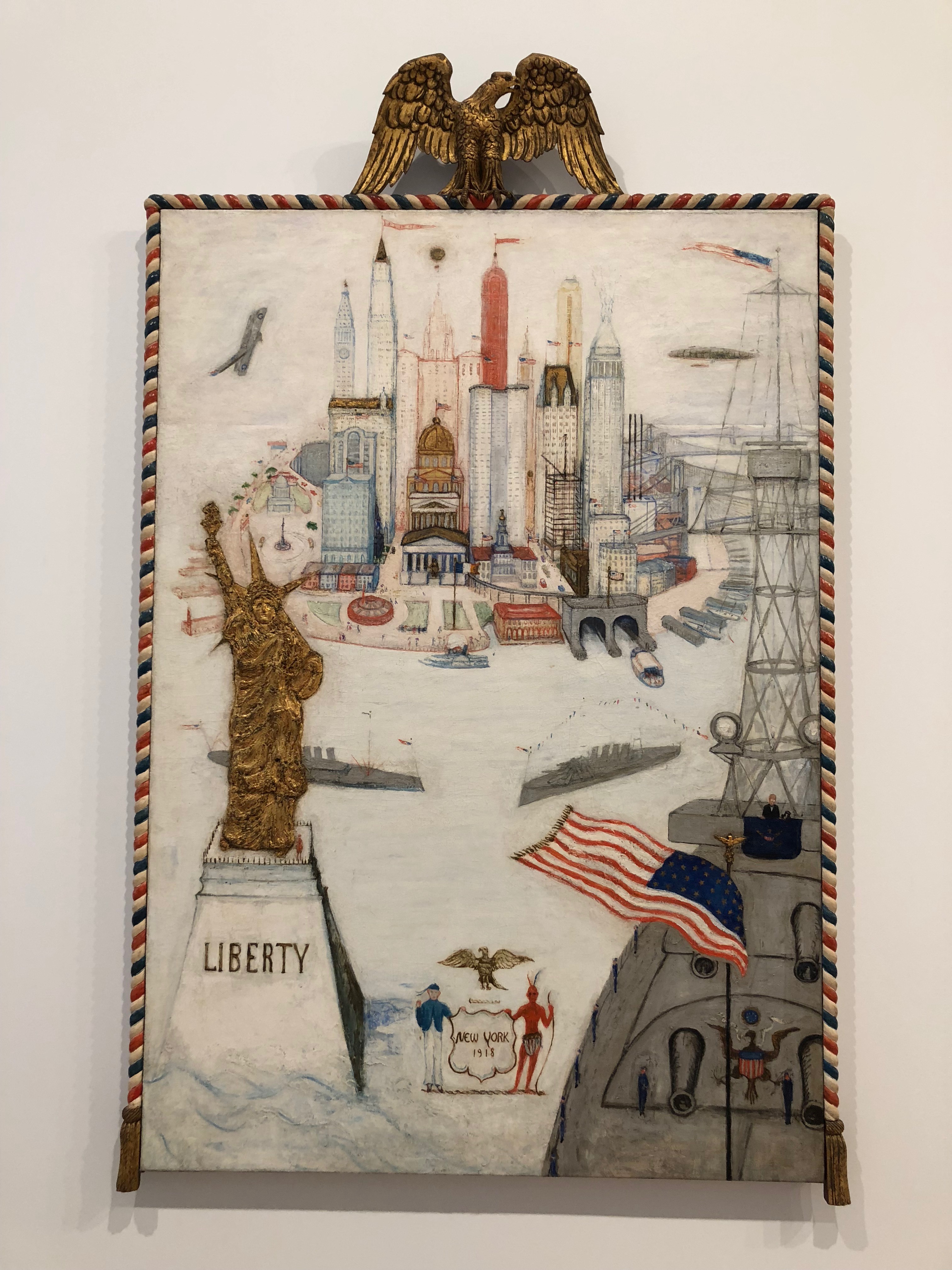https://blogs.scientificamerican.com/observations/unknown-unknowns-the-problem-of-hypocognition/
The article above is a wonderfully written piece that will undoubtedly strike your interest and leave an impact on you. Open your mind and explore it. Let me start you off with the first three paragraphs. This should spark your interest.
In 1806, entrepreneur Frederic Tudor sailed to the island of Martinique with a precious cargo. He had harvested ice from frozen Massachusetts rivers and expected to make a tidy profit selling it to tropical customers. There was only one problem: the islanders had never seen ice. They had never experienced a cold drink, never tasted a pint of ice cream. Refrigeration was not a celebrated innovation, but an unknown concept. In their eyes, there was no value in Tudor’s cargo. His sizable investment melted away unappreciated and unsold in the Caribbean heat.
Tudor’s ice tale contains an important point about human affairs. Often, human fate rests not on what people know but what they fail to know. Often, life’s outcomes are determined by hypocognition.
What is hypocognition? If you don’t know, you’ve just experienced it.
Hypocognition, a term introduced to modern behavioral science by anthropologist Robert Levy, means the lack of a linguistic or cognitive representation for an object, category, or idea. The Martinique islanders were hypocognitive because they lacked a cognitive representation of refrigeration. But so are we hypocognitive of the numerous concepts that elude our awareness. We wander about the unknown terrains of life as novices more often than experts, complacent of what we know and oblivious to what we miss.

